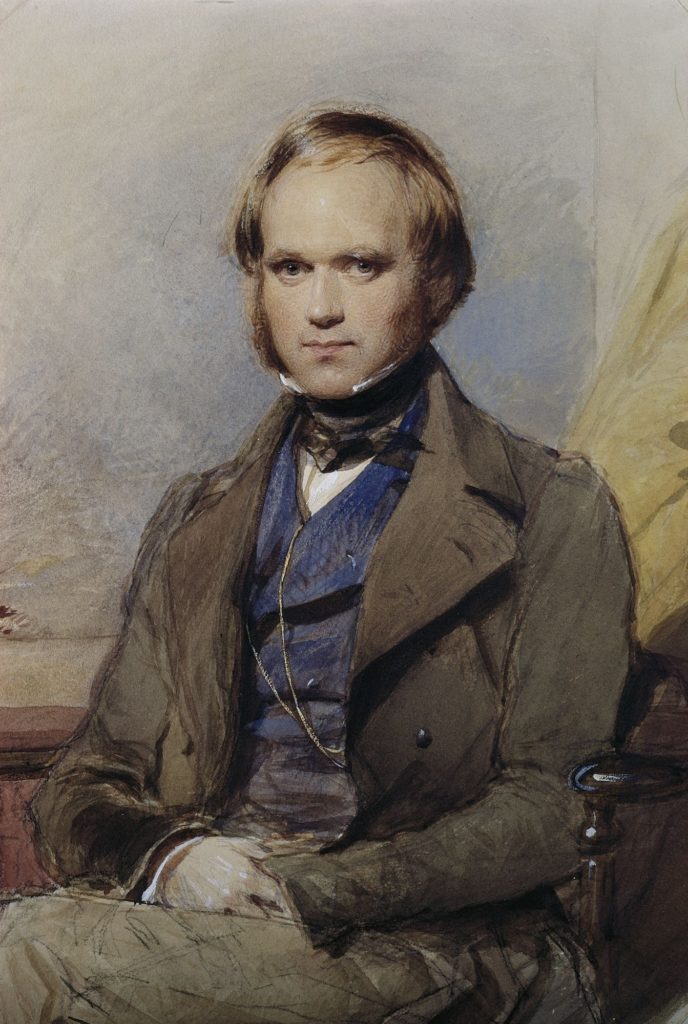The start of the lunar new year – Year of the Rat – has seen dramatic events in China, and beyond. The Coronavirus Covid-19 is indeed serious, although in perspective, influenza (flu) causes over 500,000 deaths a year across the world.

China has taken drastic action to try and control the virus spread and at a time when millions of their people would have been travelling and visiting relatives. No doubt, many infected people did move before the restrictions, but it is admirable the degree to which business, leisure activities and zoos (including Chimelong where I act as education advisor, closing to visitors), have responded and taken commercial loss to support control measures.
It is quite likely the virus originated from the wild animal markets, and the trade in pangolins particularly is being identified. Maybe, this outbreak will bring action to address the wildlife trade, the disease issue is of course more likely in the poor welfare conditions of the markets. Changing a culture and historic way of living is a massive challenge, it can only be hoped that this outbreak provides momentum for change.
Two issues that the coronavirus does highlight globally are: human population and travel. Both are also massive influencers on climate change. We can mitigate against both, but the window of opportunity seems to be shrinking and its highly likely 100 years from now, many areas of the world and human society will be impacted (negatively). The bushfires in Australia give further evidence that we are not in control and it is arrogant to think we are. However, the response to this ‘crisis’ gives hope and optimism, and despite the ‘weird’ political picture in many parts of the world, public action and response is gaining momentum… let’s hope it moves faster than the damaging decisions of so-called world leaders.

I’m writing this on Darwin Day (February 12th – anniversary of his birth) and its good to remind ourselves of the influence and significance of the individual in science and conservation. But we shouldn’t forget Alfred Russel Wallace or the thousands of women in science that have not been given the credit or fame of Darwin. Even today, some individuals get a lot of recognition, Greta Thunberg is the leading example – and what a great role model for young people – but there are many others like her, and so we do have cause for hope.
However, the systems our world operates under are the ‘old world order’ and behaviour change on the radical scale needed is very challenging. Carbon neutral by 2050 (before ideally, 2045 is target in Scotland) is possible, but requires a different way of thinking and working. Having to replace my car, I looked at ‘green options’ – none were affordable for me, and the practicalities of charging points and battery life, using public transport are all unfeasible living in rural Scotland. Massive investment in ‘green’ living is needed… that means connected thinking and planning – the HS2 rail project in England is a classic example of ‘good idea’, done badly – and will not only use £100bn for benefit of a few, but will damage important habitats and not support carbon reduction.
It’s good to have the big picture, but can be overwhelming. The zoo and conservation community are acting, and supporting change, and we can only hope that this will have real impact, affect political and business decisions, and is a cause for conservation optimism.
